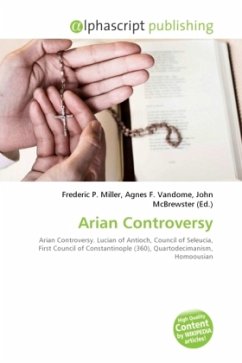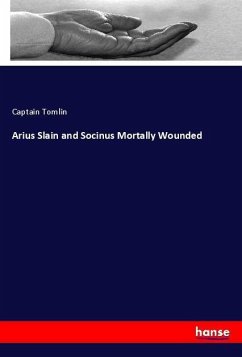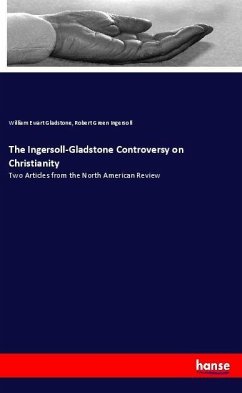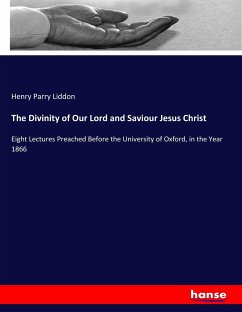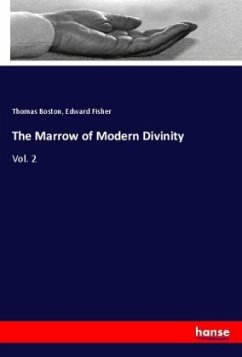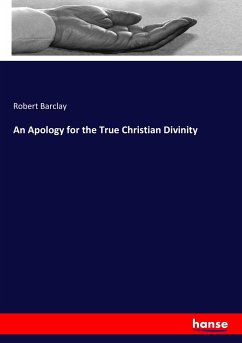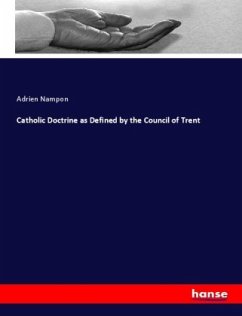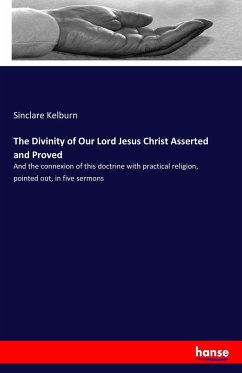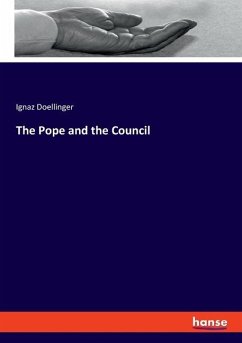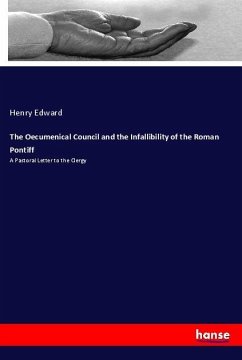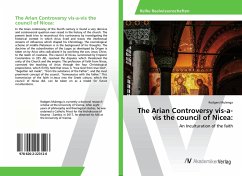
The Arian Controversy vis-a-vis the council of Nicea:
An Inculturation of the faith
Versandkostenfrei!
Versandfertig in 6-10 Tagen
25,99 €
inkl. MwSt.

PAYBACK Punkte
13 °P sammeln!
In the Arian controversy of the fourth century is found a very decisive and controversial question ever raised in the history of the church. The present book tries to reconstruct this controversy by investigating the historical context in which Arius lived and traces the intellectual streams of influences which shaped his Christology. The cosmological scheme of middle Platonism is in the background of his thoughts. The doctrine of the subordination of the Logos as developed by Origen is taken on by Arius who radicalized it by ascribing the son, Jesus Christ, to the realm of creatures. The coun...
In the Arian controversy of the fourth century is found a very decisive and controversial question ever raised in the history of the church. The present book tries to reconstruct this controversy by investigating the historical context in which Arius lived and traces the intellectual streams of influences which shaped his Christology. The cosmological scheme of middle Platonism is in the background of his thoughts. The doctrine of the subordination of the Logos as developed by Origen is taken on by Arius who radicalized it by ascribing the son, Jesus Christ, to the realm of creatures. The council of Nicea, summoned by Emperor Constantine in 325 AD, resolved the disputes which threatened the unity of the Church and the empire. The profession of faith from Nicea, corrected the teaching of Arius through the four Christological propositions, which firmly held that Jesus is "true God from true God", "begotten not made", "from the substance of the Father", and the most prominent concept of the council, "homoousios with the father." This transmission of the faith in Jesus into the Greek culture, which the council of Nicea did, can be taken on as a model for future inculturations.



